
Microsoft tries to put lipstick on a pig with Chinese 'Year of the Pig' Windows 10 theme
Tomorrow is New Year's Eve in America (and other countries that use the Gregorian calendar), meaning many people will be out partying with friends and family. Me? I like to stay in and watch Dick Clark's New Year's Rockin' Eve on TV while eating some tasty snacks and drinking Perrier. True, the television broadcast is not as good since Mr. Clark died, and Ryan Seacrest is insufferable, but I am a creature of habit, I suppose.
In China and other parts of the world, the Lunar New Year is followed instead, with the holiday often happening in January or February. The Chinese assign an animal to represent the year, and on February 5 2019, it will officially start "The Year of the Pig." Microsoft has created a new Windows 10 theme to commemorate the upcoming occasion. In other words, the company is using a pig theme to try and put lipstick on the "oinker" that is its terrible operating system.
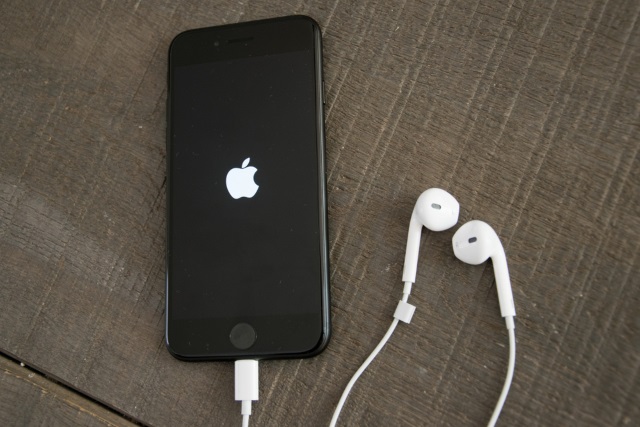
Apple releases iOS 12.1.2 with eSIM fixes -- but Qualcomm is still not happy
Apple has made iOS 12.1.2 available to iPhone users, just two weeks after the public release of iOS 12.1.1. The fourth update to the iPhone operating system since it was launched includes fixes for problems with eSIM and connectivity.
But while iPhone owners around the world will be pleased to receive another update, Qualcomm remains unhappy with Apple. The company complained that Apple was violating two of its software patents, and last week a Chinese court banned the sale of certain older iPhones. Apple said that this week's update would "address any possible concern about our compliance with the order"; Qualcomm says the company is still violating the court order.
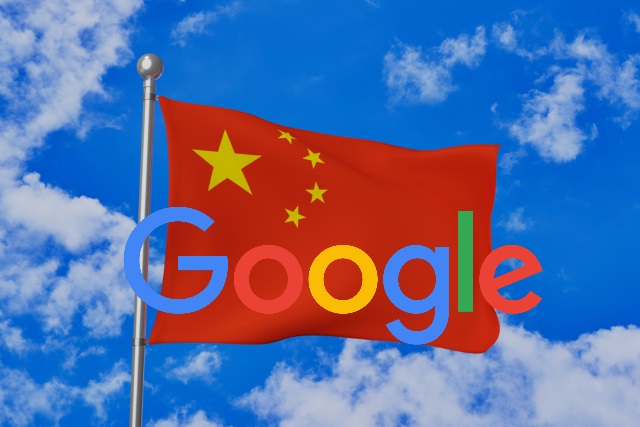
Google is 'exploring' a censored search tool for China
The possibility of Google making a return to China was leaked this summer, but the company has remained pretty tight-lipped about the matter. But now CEO Sundar Pichai has spoken publicly about the prospect of Google producing a censored version of its search engine to comply with Chinese regulations.
Speaking at a conference in San Francisco, Pichai revealed that Google has, internally, built a search engine for China, because "we wanted to learn what it would look like". He said that the company is "exploring" the idea, and pointed out that 99 percent of searches would not be censored.

Hackers, geeks and thieves -- analysis of dark web communities reveals varied motives
When we talk about the dark web it's easy to think of it as an amorphous malevolent blob. But new research from Recorded Future reveals some key differences between dark web communities in different parts of the world.
The company's Inskit Group of researchers has actively analyzed underground markets and forums tailored to Russian and Chinese audiences over the past year and has discovered a number of differences in content hosted on forums, as well as differences in forum organization and conduct.
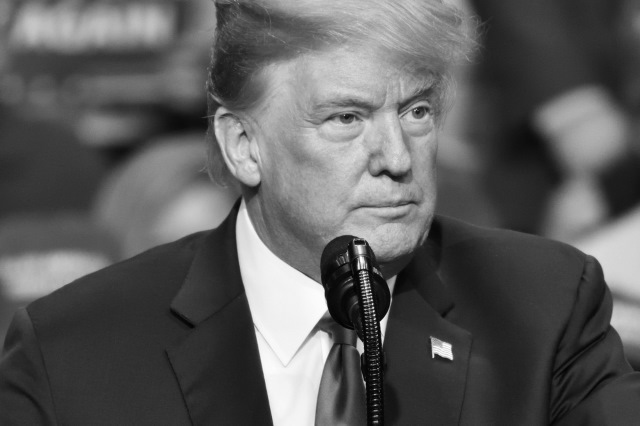
Trump imposes $200bn of import tariffs on China -- but the Apple Watch is spared
Donald Trump has imposed import tariffs of $200 billion on Chinese goods brought into the US, with the threat of even more on the way.
The tariffs have been blamed on China's "unfair policies and practices", but despite the president's pleas for Apple to shift production from China to the US, the Apple Watch will be exempt from the 10 percent import tax. Also exempt are Apple's AirPods and a range of other technology products.

Amazon investigates allegations that workers accept bribes to leak data and delete bad reviews
Amazon has been hit with allegations of staff bribery which the company says it is investigating.
A report in the Wall Street Journal this weekend claims that employees have been accepting bribes in return for leaks of sales data. It is also alleged that staff help out independent sellers by deleting negative reviews in exchange for payment, and restore accounts that have been banned.
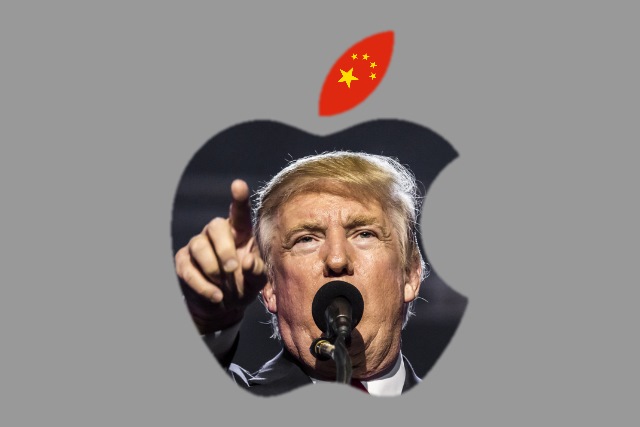
Trump threatens China tariffs, tells Apple to make products in US when company complains about costs
President Trump proposed tariffs on $200 billion worth of Chinese products -- and there is the threat of a further $267 billion-- has caused Apple to write to the US Trade Representative to point out that this would lead to increased productions costs for many of its products.
Responding to this, Trump said that the company could avoid Chinese import tariffs by switching production to the US. Referring to his suggestion as "exciting", the president said that Apple should start building new factories in America.

Experts voice concern after discovering Google's Titan Security Key is made in China
While the US and UK governments continue to eye China with suspicion, blocking the use of some Chinese hardware because of national security concerns, it has come to light that Google's Titan Security Key is produced in China.
The keys are supposed to boost security through the use of two-step verification, but security experts are calling for transparency about the supply chain for the hardware after it was revealed it is produced by Chinese company Feitian. There are concerns that the devices could be compromised by Chinese hackers (state or otherwise) to spy on users.
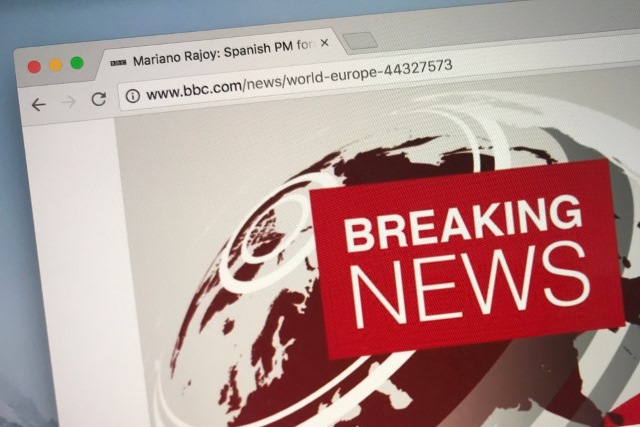
BBC recommends using VPNs after HTTPS switch leaves it blocked in China
Since switching all of its sites to secure HTTPS rather than plain old HTTP, the BBC has found that it is completely blocked online in China.
The corporation has issued a statement recommending that people in the region looking to access its services should turn to either a VPN, or the censorship-busting app Psiphon.

Leaked report shows Google plans a censored search engine for China... but China says otherwise
A leaked document suggests that Google is planning on making a return to China, launching a censored version of its search engine to comply with strict Chinese laws.
Going by the codename of Dragonfly, the project has been in the works since 2017 and has led to the creation of China-specific Android apps with the internal testing names Maotai and Longfei. But while the documents and people familiar with the matter say that the launch date could be just six to nine months away, China says the reports are not true.
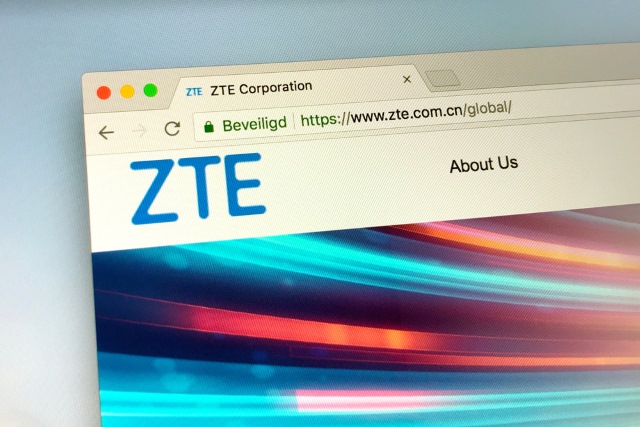
US lifts ZTE supplier ban, sending shares soaring
Chinese telecoms hardware manufacturer ZTE has had something of a rough ride in the US recently, but having agreed to comply with all of the demands made by authorities, the ban on its US operations has been lifted.
The US had banned American companies from supplying goods to ZTE, effectively crippling its business. Now, having paid $400 million into an escrow account -- on top of its $1 billion fine last month -- the company is operating again, and its Hong Kong-listed shares jumped 12 percent as a result. But the lifting of the ban is far from being the end of this saga for ZTE
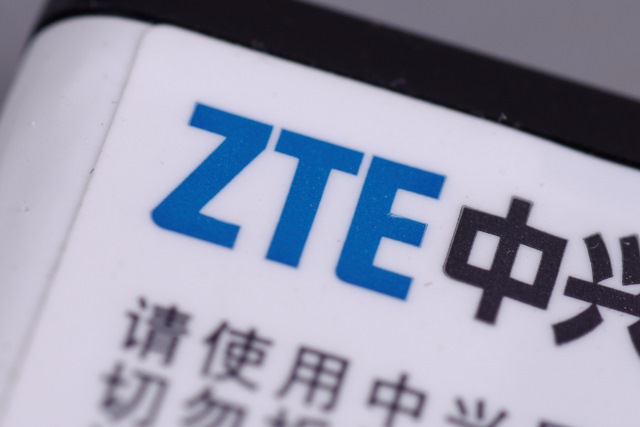
Senate opposes Trump and votes to reinstate US ban on ZTE
ZTE has had a tough time of things in the US, having been slapped with a Denial Order that forced it to close its main operations. Despite the sanctions, President Trump expressed a desire to get the company back up and running, implementing a huge fine which ZTE agreed to pay in order to be allowed to operate in the US again.
But in a blow to the Trump administration and its work with Chinese president Xi Jinping, the Senate has voted to amend the National Defense Authorization Act to reinstate sanctions on the company.

Google enters 'strategic partnership' with China's JD.com
Google is deepening it drive into China, and now the search giant has announced a $550 million "strategic partnership" with Chinese ecommerce goliath JD.com.
This is far from being Google's first venture in China, but the major investment shows the company's eagerness to take advantage of the market. It will enable Google to better take on the likes of Amazon in Asia, and it will also help JD.com to expand its operations to other parts of the world.

Debian-based deepin Linux 15.6 now available
deepin Linux is controversial because its developers are in China. You see, some people are suspicious of a Linux distribution that comes from that country. If you feel that way, that's your business. But you know what? I am personally sick and tired of such xenophobia these days. Let's not forget, many goods come from China -- including personal computers and associated components. Not to mention, the OS is largely open source.
Controversy aside, deepin is a great operating system for both Linux beginners and experts alike. Not only is it stable thanks to its Debian base, but it has a very polished and focused user experience. Today, version 15.6 becomes available, and it is loaded with improvements.
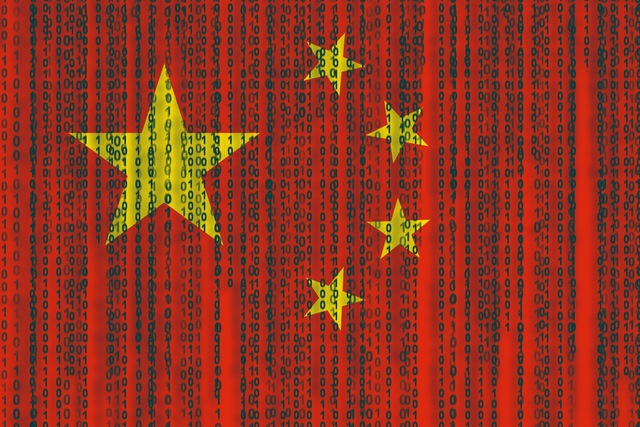
Kaspersky: Chinese hackers LuckyMouse hit national data center
Kaspersky Lab has published a report in which it reveals that a Chinese hacking group has attacked the national data center of an unnamed Central Asian country.
The cyberattacks are said to have been carried out by a group known as LuckyMouse -- but also goes by the names Iron Tiger, Threat Group-3390, EmissaryPanda and APT27. The attacks started in 2017, and Kaspersky says that malicious scrips were injected into official website to conduct country-level waterholing campaign.
